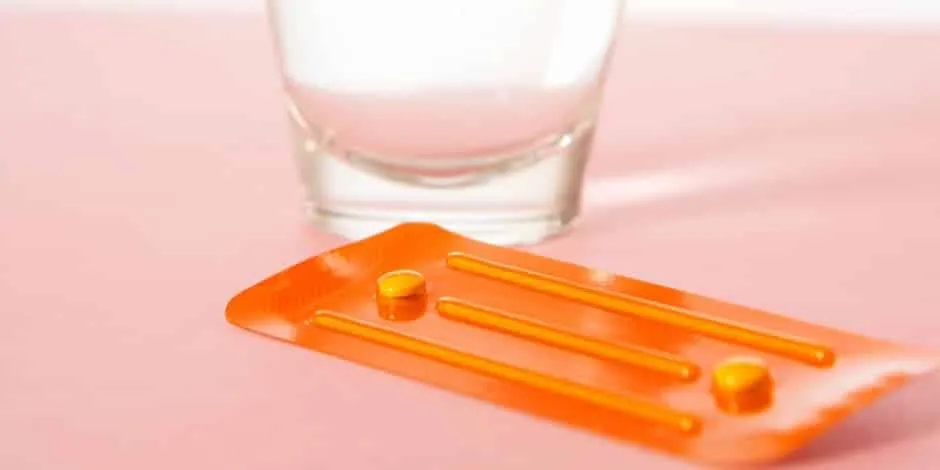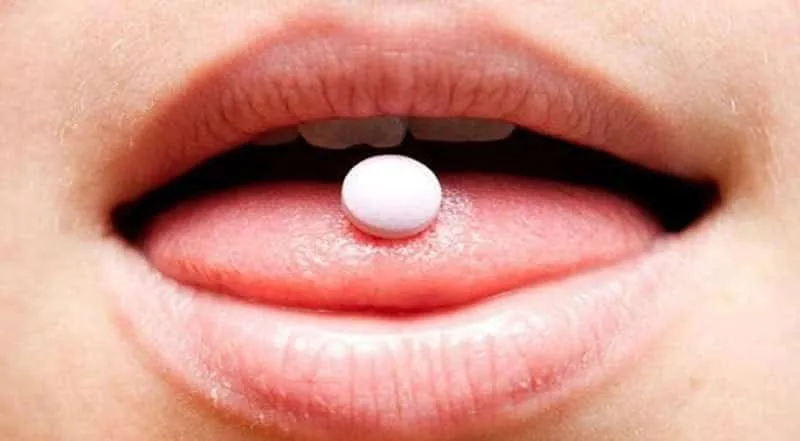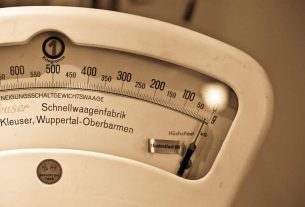Did you know that it shouldn’t be taken more than once a year? And that it is not abortive? Discover 10 truths about the morning after pill.
Emergency contraception, or the morning-after pill, is an effective method against pregnancy that can be effective up to 72 hours after sexual intercourse.
Used as an alternative for emergency cases, it should not become a habit but rather used when sex is performed without a contraceptive method or when these fail.
Being an emergency method, the medical recommendation is one dose per year, to avoid the side effects of excessive use of the product.

Used correctly, its side effects immediately after use tend to be nausea, tiredness and headache, and may occur after a few days, such as:
- Small vaginal bleeding
- Menstruation being brought forward
- Diarrhea
- Breast pain
How does the morning after pill
As we have already explained in this other article here (click to remember), the morning-after pill is not an abortifacient and works in a very simple way in the body.
It basically prevents fertilization that may occur after unprotected intercourse, thus preventing an unwanted pregnancy.

But, in short, when it is absorbed by the body, this medicine:
- It desquamates the uterus, thus preventing the installation of the fertile egg;
- Decreases the movements of the uterine tubes;
- The egg is not released, as it acts impeded.
Morning-after pills and their types
The morning-after pill can be purchased in pharmacies or online, and there is no need for a prescription, however, its use must be under medical supervision.
There are basically two types of this medication:
- Those with progesterone in their composition, containing just one pill
- Those with estrogen and levonorgestrel in their composition, containing two tablets that must be taken at intervals of 12 hours.

In Brazil, the best-known brands in Brazil are: Postinor, Uno, Neodia and Prozato Uni, Pilem, Levonorgestrel, NorlevoSendo and Diad.
But just because the morning-after pill is so easy to acquire does not mean it should be used indiscriminately, as we have already said. It is very useful for preventing pregnancy, however, it should be considered as a last resort, as there are other contraceptive methods that are less harmful to the body and can be used daily.
Truths about the morning-after pill
Although this medicine is freely accessible and easy to consume, some points or truths must be highlighted:
1. It does not cause infertility;
2. The morning-after pill does not affect the use of contraceptives, that is, the use of the pack must remain normal;

3. It is possible to get pregnant while taking the pill, although the chance is reduced, this can happen especially when:
. Not taken within the first 72 two hours, after the unprotected act;
. With the use of antibiotics;
. If within 2 hours after consumption, vomiting and diarrhea occur;
. If taken several times a month.
4. It can be harmful if taken more than twice a month, which can cause an increase in uterine and breast cancer, pulmonary embolism and thrombosis;

5. It is distributed free of charge in the public health network;
6. Contraindications to the use of the morning-after pill vary from person to person, and women who suffer from hypertension, blood diseases, morbid obesity and vascular problems may have a greater risk of the medicine not working, in addition to possible complications arising from diseases;

7. Depending on the menstrual cycle, the pill can advance or delay menstruation, and can also change the quantity and color of menstruation;
8. According to experts, the morning-after pill is less effective during fertile periods.

9. The pill has no effect against sexually transmitted diseases;
10. Its effectiveness is 15 times less than daily contraceptives;

So, dear reader, did you know these “truths” about the morning-after pill? By the way, have you ever used this medicine? Were you aware of how it should be used to function? Be sure to tell us in the comments!
Now, speaking of contraceptive methods, if you take or are thinking about starting to take the pill, be sure to check out: 3 contraceptive pills that increase the risk of thrombosis.
Source: Healthy Minute, Live Well, Health

Sign up for our newsletter and stay up to date with exclusive news
that can transform your routine!
Warning: Undefined array key "title" in /home/storelat/public_html/wp-content/plugins/link-whisper-premium/templates/frontend/related-posts.php on line 12
Warning: Undefined array key "title_tag" in /home/storelat/public_html/wp-content/plugins/link-whisper-premium/templates/frontend/related-posts.php on line 13




